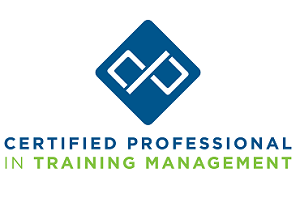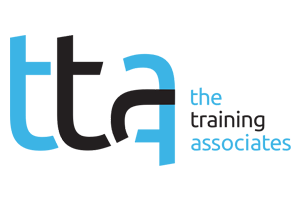Throughout my career in the tech industry, sponsorship has been a secret ingredient behind my own career success. While mentoring is widely known and practiced, sponsorship is still in an early stage of intentional adoption. Earlier on in my career, I remember thinking that I wished I could be a fly on the wall during people calibration meetings where talent potentials and promotions were discussed. When I became a people manager and later an executive, I knew that behind every job appointment or promotion, there are always key decision makers who advocate for you to get the role. This is why sponsorship is a key to accelerate career growth.
What is a Sponsor?
A sponsor is an individual who embodies a commitment to helping you grow professionally. This individual is more senior to you in the organization — some possible sponsors of yours could be your manager, your skip-level manager or any business leader you work with who is more senior to you. They know your work and know you as a leader, and thus they can speak positively of/for you when you’re not in the room. The key differentiator is that a sponsor will use their “political capital” to help you open doors to new opportunities, advocate for you, and help you expand your network. To gain a sponsor, you must first establish your credibility through hard work. Ultimately, when combining with strong accomplishments and sponsorship, your sponsor(s) can help you advance your career and strive for success.
Having a or multiple sponsors, is especially important for women, as women with a sponsor are reportedly 1.5 times more likely to aspire to be top executives. With a sponsor, women are also more likely to ask managers for a stretch project (a project beyond one’s general knowledge, allowing them to both grow and prove their skills).
Key Difference between a Mentor, Coach and a Sponsor
It’s important to highlight the differences between a mentor, a coach and a sponsor. A mentor is an individual who has the skills you want to learn from — they transfer knowledge, experience and advice. A coach is someone who can help you clarify your career goals, grow potential, and manage internal interference like imposter syndrome. A coach, unlike a mentor or sponsor, is typically external to your organization, although some companies do have internal coaches.
A sponsor is not necessarily a mentor or coach, though they may share qualities with both. Rather, they are someone who both champions and leverages their political capital to help you advance. They will help you gain visibility, and someone that you can foster a win-win partnership of achievement and advocacy. A great sponsor will challenge you with a bolder vision in order to allow you to see your greater potential.
To find a sponsor, first consider whether your goals are aligned with those of your manager or the leader you’re considering as a sponsor. This will help you achieve both your goals. When they see that you’re helping them achieve goals for the company, they will be more inclined to help you expand your responsibilities and therefore growing your career. Now, your successes become wins for the company as well!
Your Career North Star
In seeking Sponsors to help accelerate your career growth, it is equally important to know where you want to take your career, especially for mid-career and executive leaders. A Career North Star helps an individual visualize the big picture of their career, or what their ultimate career goal is. They can then discern the paths that they can take to lead them toward this goal, the skills they may need to achieve it, and the courses of action they can take today to get closer to this objective. In my own career journey, once I decided my Career North Star was to become a chief marketing officer one day, every role that I had taken from that point forward was very intentional. I was being deliberate on what role was going to give me the new competencies and skill sets that would allow me to eventually rise to the CMO position.
When creating a Career North Star, there are a few important questions you should ask yourself. Try starting with:
- What do I value?
- What is most important to me?
- What excite me the most?
- What is the big picture for me?
Then, when looking for possible paths forward, consider:
- What positions would get me closer to my Career North Star?
- What skills or competencies do I still need to develop?
- What strengths do I enjoy using?
Sponsorship, combined with hard work and clarity of your Career North Star, will allow you to unlock career opportunities you may never even dreamed were possible. It can enable you to take calculated risks, recruit a support system and cultivate your personal brand. Within your company, sponsorship can simultaneously advance top talent, help your company strengthen its leadership succession pipeline and cultivate an inclusive leadership culture.



